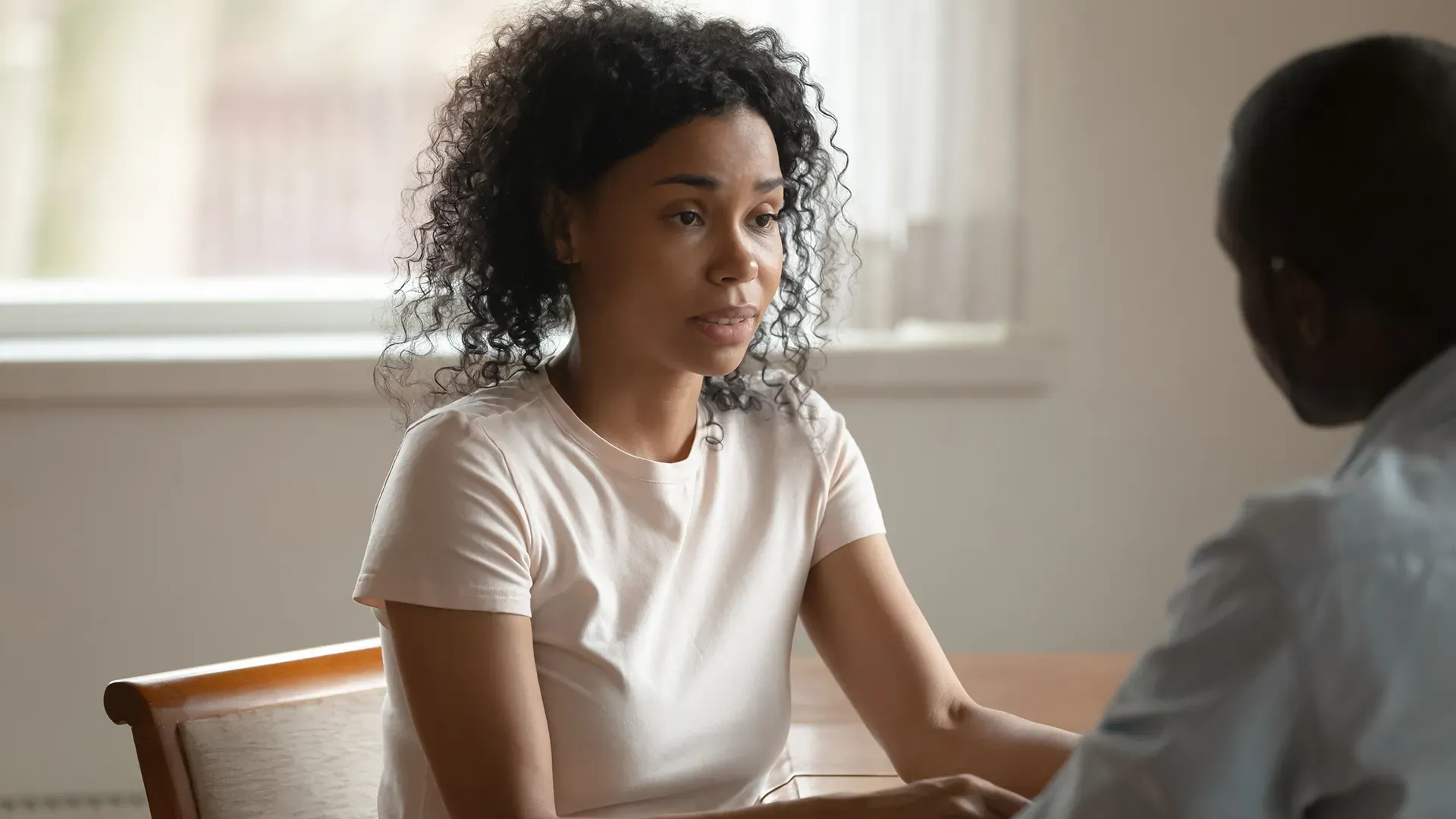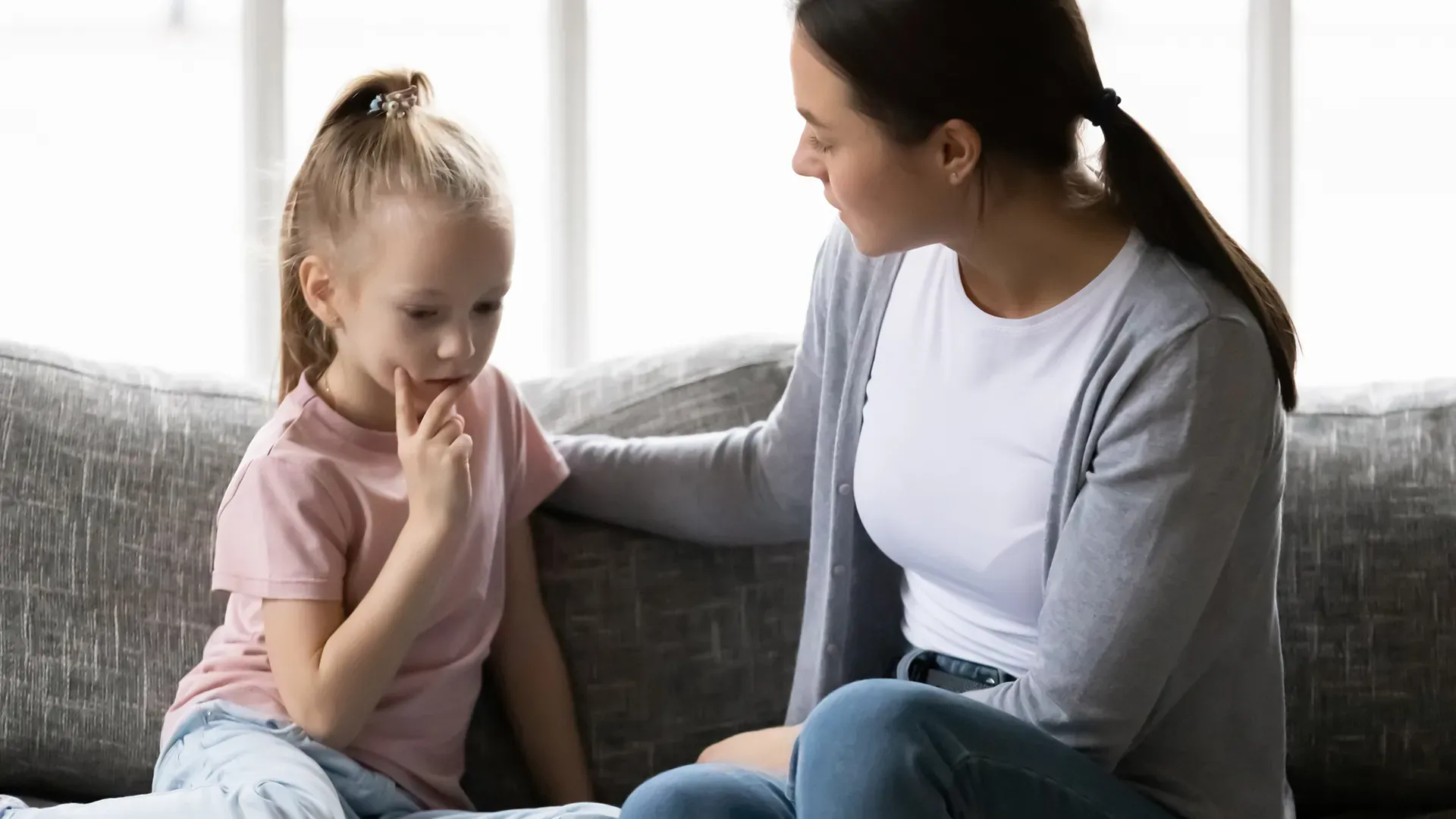A cancer diagnosis may feel overwhelming, which is why it can be helpful to have a strong support system in place. But before you can turn to friends and family for support, you first have to share your diagnosis with them.
There's no one-size-fits-all way to tell the people in your life about your diagnosis. It's up to you to decide who to tell and how many details to offer. Below, you can find some ideas on how you may wish to approach telling different people.
Close friends and family (adults)
Whether it's your partner, parents, siblings or dearest friends, sharing your diagnosis may be a terrifying yet important task. These people are likely to form your support system as you move through your diagnosis and treatment. Sharing the news may be intimidating, but there are a few things you can do to reduce the stress:
First, select a quiet place to talk about your diagnosis. If you're sharing with someone over the phone, let them know you have something important to talk about and make sure they are in a suitable place to hear the news.
Second, decide in advance what information you want to share. This may include the details of your diagnosis and next steps. You may wish to let them know how you want to communicate moving forward (for example, is it okay for them to ask for updates or do you prefer to share in your own time?).
You may also wish to talk about the type of help you might need, such as lifts to appointments, a companion for doctor's visits, or help with jobs around the house.
Through the ByYourSide app, it’s possible to share this information on an ongoing basis with a trusted circle of friends.
Children
If you have children in your life, you may wish to let them know what's going on. If the children are young, try to share the news in simple terms that they can understand – let them know you're sick and the doctors are doing everything they can to help you get better. If the children are older, you may choose to share more detail if you feel they can process it.
There are many reputable online resources that offer in-depth information on how to share a cancer diagnosis with children. You may want to tell them yourself or you may prefer to share the news through a children's book that will help to position your diagnosis in a child-friendly way.
No matter their age, know that this news will likely feel scary for them. Let them know that they are loved, and you are there to answer any questions they have. For young children, you may also want to reassure them that this doesn’t mean they will get poorly, and it hasn’t happened because someone has done something wrong.
As with close friends and family, sharing your diagnosis with your children will be an ongoing conversation as you help them to understand, and you provide them with reassurance.
Colleagues
Talking to your manager and/or a human resources representative is probably one of the first steps you take at work. It’s important you let them know if you will need any adjustments to your job and whether they should expect any differences in your work following your diagnosis.
It may be best to talk about this in a formal meeting, so you can have an uninterrupted conversation. Remember, anything you discuss with your manager or HR rep should remain confidential.
Depending on how close you are with your work colleagues, you may choose to share your diagnosis with other people. If you decide to share with additional colleagues, first decide how and when you'll communicate this news. It could be done one-on-one with colleagues, formally in a team meeting, or with a brief email or note.
Colleagues may have questions and, again, it's up to you to decide how much detail you want to share. You may prefer to keep answers short with your colleagues, or you may wish to keep them updated in the same way you keep close friends and family in the loop – through the ByYourSide app.
Acquaintances
You may have some people in your life that aren’t particularly close friends but could still benefit from knowing about your diagnosis. These could be neighbours, people at a sports club, or other parents of children at school, for example.
If you have a mutual friend, you may choose to have them pass on the message to your acquaintance. Or you may choose to keep your diagnosis to a small group only and ask that mutual friends don’t share the news. Either approach is perfectly okay—you only have to share your diagnosis with the people you wish to know.
Regardless of who you’re telling, and when and how you’re telling them, you may feel more comfortable doing so if you practice what you're going to say first. This could involve writing it down and practising alone, perhaps in front of a mirror, or going through it with someone you’ve already told.






